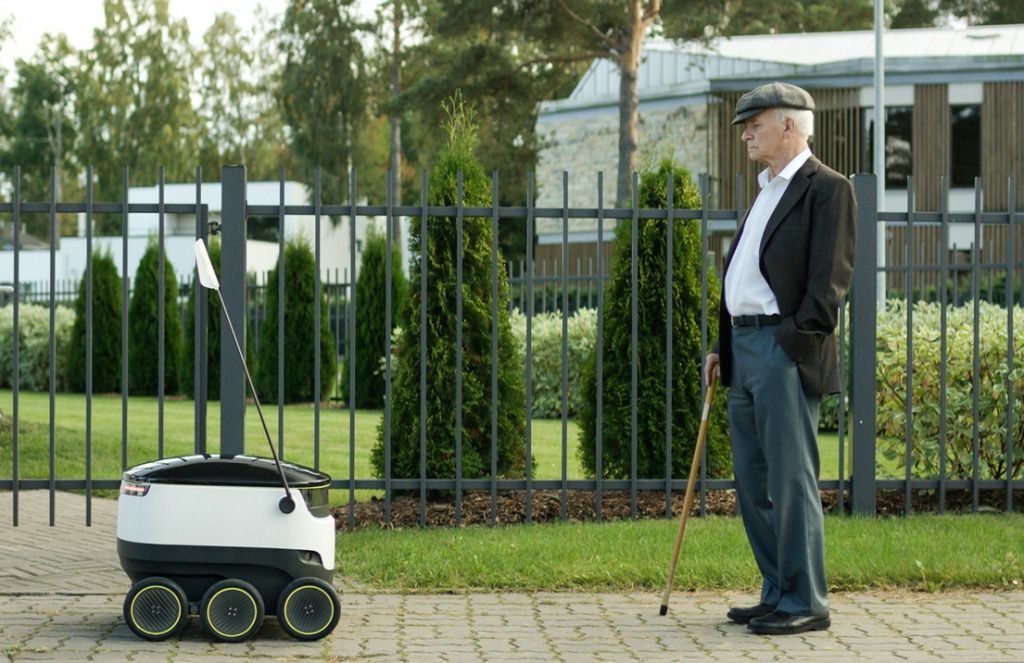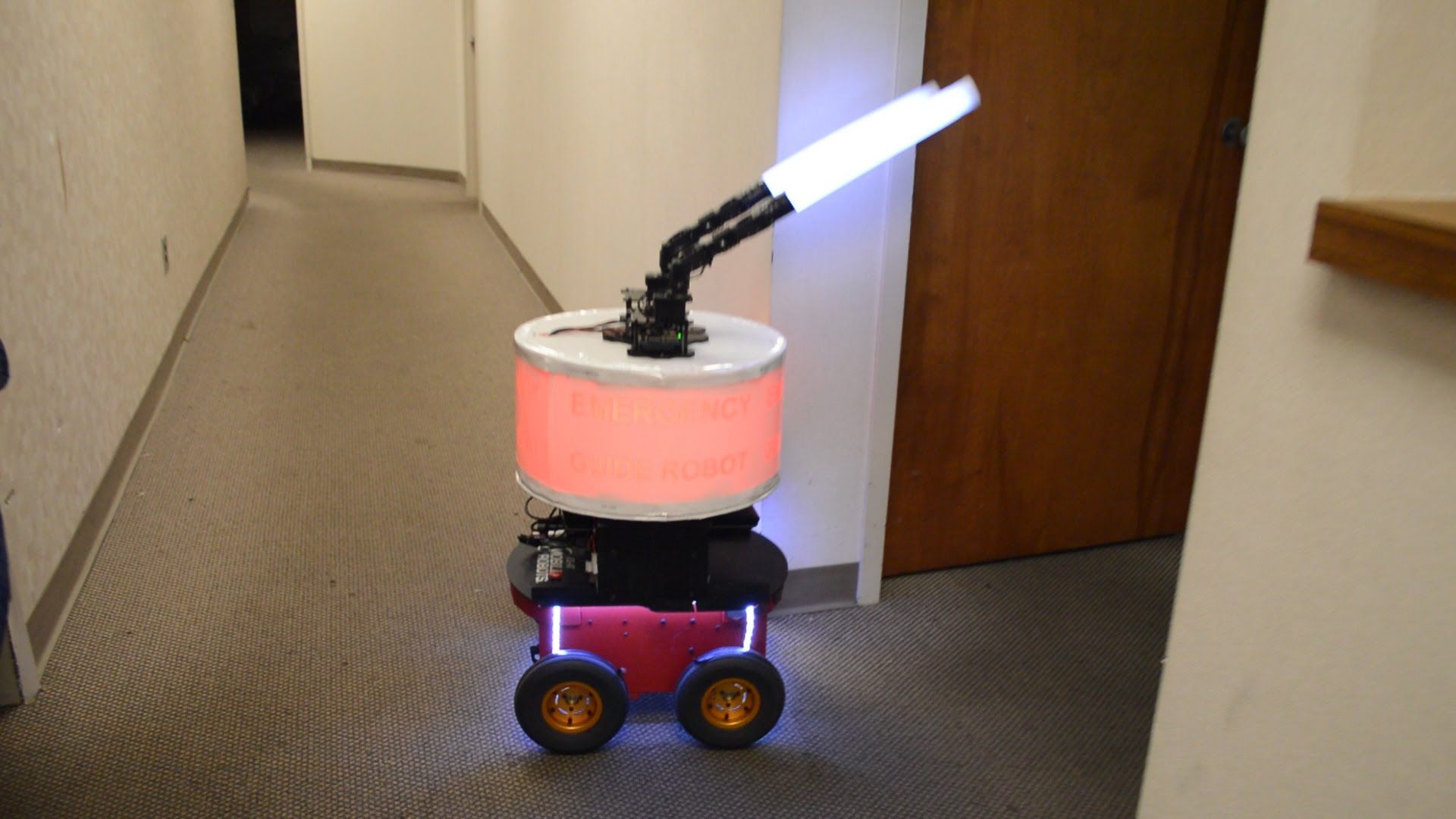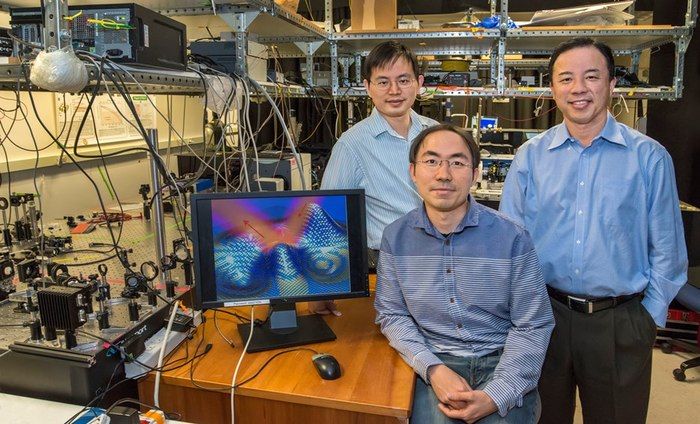Apr 4, 2016
Self-Driving Robot Promises To Revolutionize Local Deliveries
Posted by Karen Hurst in categories: drones, government, robotics/AI, security
We’re already seeing amazing things in the delivery services space for consumers with drones and self-navigating delivery services by companies like Dominos, etc. I cannot wait until we see more self check in hotels, resorts, and more 24×7 automated stores. Everything will be great, as long as security is great.
This self-driving robot can take the grocery-shopping burden off your shoulders and deliver your goods to your doorstep. Starship Technologies has already launched the intelligent robot and delivery trials have started in Greenwich, London.
Starship Technologies was founded by the same people who founder Skype. Ahti Heinla and Janus Friis plans to reshape local deliveries and also lend a hand in zero-emission deliveries worldwide.
Continue reading “Self-Driving Robot Promises To Revolutionize Local Deliveries” »



















